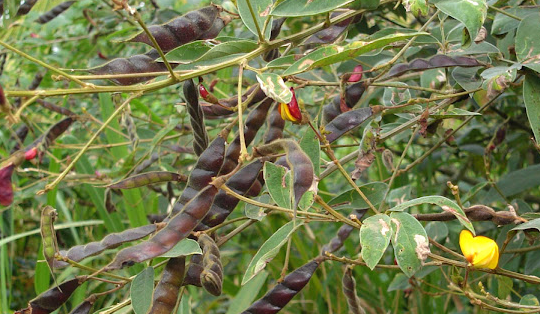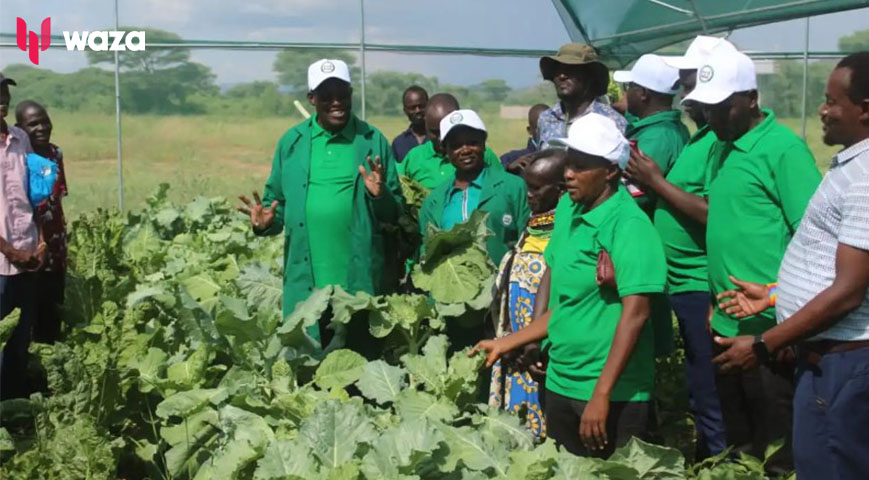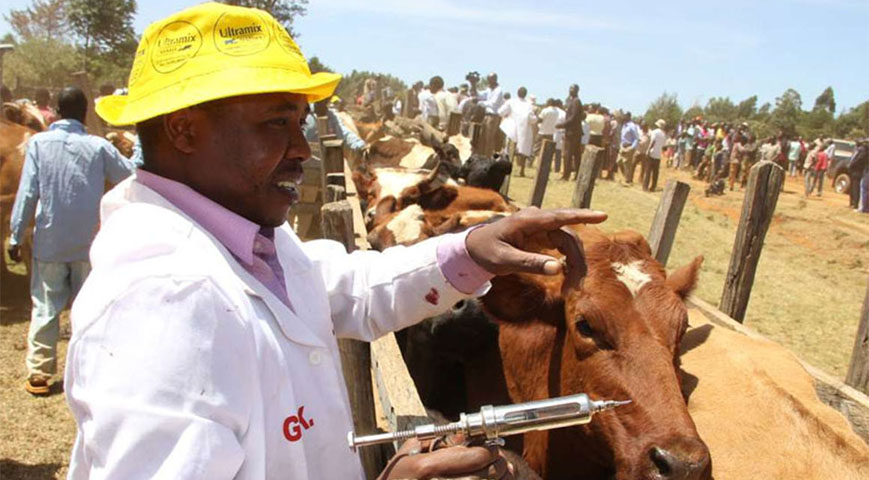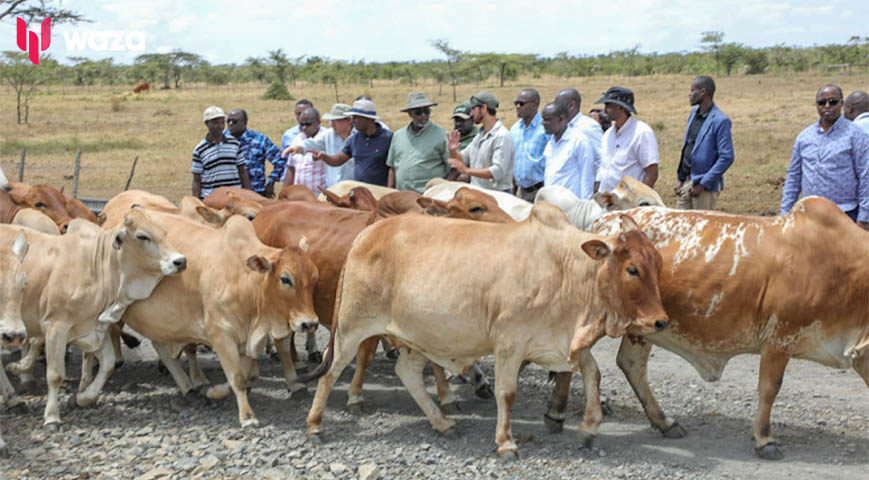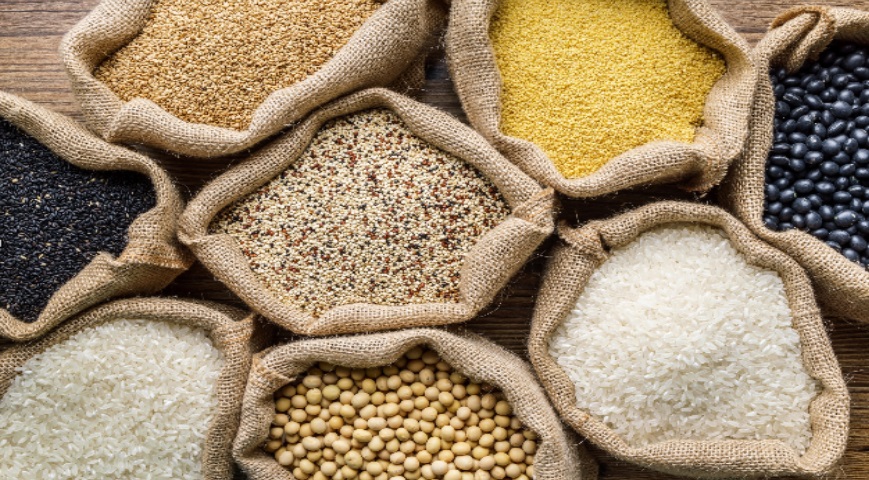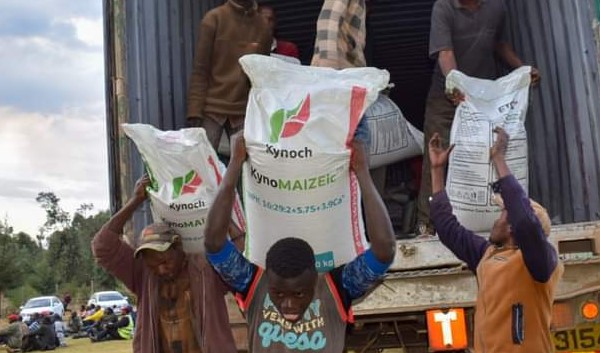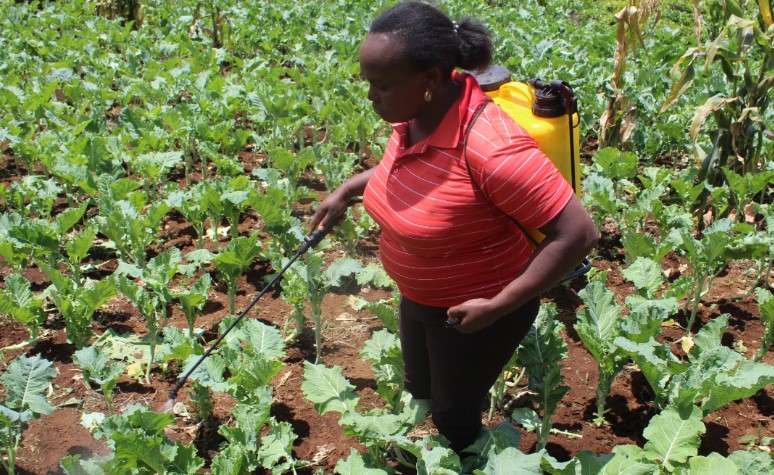Egerton University, in collaboration with stakeholders in the Agriculture sector, has developed disease-resistant and high-yielding crop varieties to cope with climate change.
The crop varieties released include Tasha, Chelalang and Ciankui bean varieties ( Mbaazi M2, Egerton Mbaazi M1, Mbaazi 3, and Mbaazi 4 ), pigeon pea seeds, 29 new cassava varieties, Ciankui and Chelalang bean varieties suitable for warm areas and Mwangaza and Nyota groundnuts seeds.
Additionally, EU-SS-11 finger millets (Snapping green), EUS 130, EUS1, EU-SS-10, and 'and chickpeas (Saina ka1) high-yielding and drought-resistant sorghum varieties were released.
The learning institution has also trained farmers to embrace new innovations to deal with climate change.
The Kenya Agriculture and Livestock Research Organization(KALRO), Kenya Plant Health Inspectorate Service (Kephis), ICRISAT, Community Action Research Project (CARP+), and the Kenya Agriculture and Livestock Research Organization (KALRO) partnered with Egerton University to research and develop the climate-smart seeds.
Did you read this?
Other partners include EABL, CESAAM, MasterCard Foundation, and AGRA.
The University's Director for Agro-Science Park, Professor Paul Kimurto, said that diseases and pests that were rare or not there initially had become a threat affecting farm produce, leading to losses due to climate change.
He noted that the learning institution and its partners resolved to provide an array adaptable to climate change and research because of nature's climate vagaries experienced.
Kimurto said that there should be environment-friendly practices, better post-harvest management, and innovation in drought-resistant seed varieties to reduce losses.
Professor Kimurto claims that if good farming is practised, the university-developed groundnut cultivars can provide farmers with 20–25 sacks of unshelled nuts per acre, saying they can flourish in dry regions like Turkana, where farmers typically don't harvest much.
Further, he added that dry regions of Nyanza (South), Western, and Eastern may also grow the seeds.
Kimurto claimed that farmers received training in crop husbandry, which included planting 30 kg rather than 25 kg of groundnuts per acre in addition to the seeds.
One hundred farmers in the counties of Nyandarua, Uasin Gishu, and Nakuru received the drought-resistant Tasha, Ciankui, and Chelalang beans at first from the University.
The beans were released after extensive research and in reaction to climate change, which has made many regions warmer, according to the Director of the Agro-Science Park.
In contrast to other beans, which only deliver roughly half as many beans per pod, he claims hybrid kinds yield 20 to 30 beans each pod.
Furthermore, the Director confirmed that the bean varieties released cook faster, saving time and fuel.
The University has incorporated 6,000 smallholder farmers in Njoro, Lower Subukia, and Solai Sub Counties through the Cassava Value Chain Upgrading (CVCU) initiative for secure food, nutrition, income, and resilience of smallholder farmers in the dry and semi-arid regions of Nakuru County.
Due to the project's involvement in market-oriented agriculture, where cassava producers are connected to industrial manufacturers, rural populations in the targeted areas have profited from the value addition chain training, according to CVCU Principal Investigator Professor Richard Mulwa.
According to Prof. Mulwa, the temporary Deputy Vice-Chancellor for Administration, Planning, and Development at the University, the project's overall goal is to use innovations in the cassava value chain to help smallholder farmers improve their access to food, nutrition, and income security.
The University has also constructed nine cassava variety sites in the Njoro, Lower Subukia, and Solai Sub Counties.

